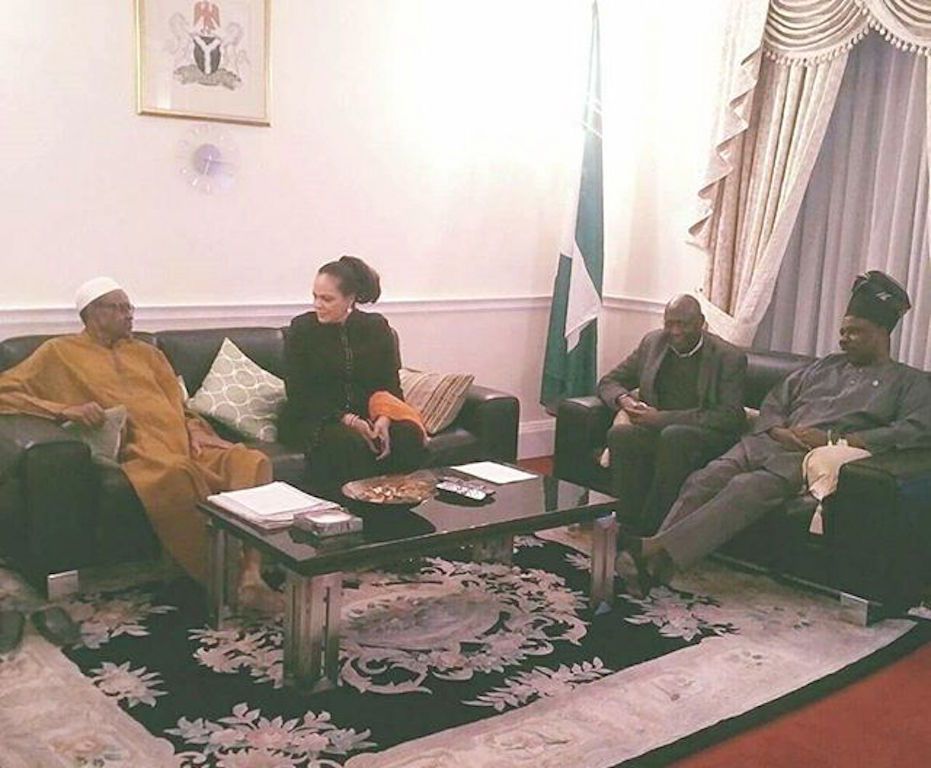
Sadly, a government that had made so much of the distance between its predecessor and the people, and which had bruited about the almost telepathic link between its presidential candidate and the people, was at pains to stress how unimportant it is to be held to account by the people. Yet, our form of government does not permit the people to decide on how they are managed.
The Central Bank of Nigeria’s (CBN) rate-setting committee met last week. And, despite the toll that both a depreciating naira and rising domestic prices are taking on consumer welfare (and hence expectations), the outcome of the meeting went down like a damp squib. In part, this reflects the increasing irrelevance of the CBN in the design of monetary policy and as influencer of domestic monetary conditions. Largely, however, it spoke to a more pressing domestic angst. Thus, instead, conversations most of last week were exercised by initial uncertainty over the whereabouts and health of President Muhammadu Buhari.
And, sometimes the dialogues verged on the macabre. For, now and again, it appeared that there were, indeed, a few of our compatriots who relished the prospects of the incumbent president’s demise. Strangely, it did not escape this cohort that such an outcome could only further worsen tensions that the incumbent administration has allowed to build up across the country. Worries about why this prospect still made these folk’s wish list were, nonetheless, tangential to the conversations.
From the bizarre to the risible was but a short distance, however. For boosters of the Buhari administration, alive to the centrifugal forces that his death in office would trigger, joined in a war of words with “the other side” that barely pushed the needle for rational conversation, nor helped clarify much. By weekend, even the strongest bulimia for the trading of mutual insults was probably jaded from attending to the labours of our chattering heads.
Which was regrettable, really. And, you only need recall one of our older saws to understand why. Simply put, a person who has once been bitten by a snake, would hesitate to proceed when confronted by an earthworm. And we were, not too long ago bitten by a particularly venomous serpent. The contortions that the inner circle around the Yar’Adua administration went through to conceal his incapacitation and eventual death were as dangerous to the health of the country/its new assay at democratic rule, as it was rude to the electorate. Arguably, it was even more disrespectful to the then-president, as the coterie closest to him sought to turn him into a cross between a zombie and a puppet. Given that experience, it was only to be expected that parts of the electorate would worry about news of an ailing president, his flight abroad, and the possibility that a new crop of burattinai was in play at the highest reaches of power in the country.
It is a duty that invites a corresponding responsibility on the part of those thus chosen to represents us: a responsibility to assure us always, and each time we ask, of their capacity to govern. In a sense this is why transparency has become an integral part of the process of governance.
This point unfortunately was most cravenly missed by the press minders of the incumbent administration. In fact, that juncture was reached in the mutual exchange of invectives that passed for conversation around this issue when the president’s interface with the media almost sounded like President Goodluck Jonathan: they did not appear to “give a damn” what the people thought. Indeed, one of them suggested that the president of the country was not duty bound to give an account of his health even when there was so much consternation in the land about the adverse effect on a fragile nation of his ill-health.
Sadly, a government that had made so much of the distance between its predecessor and the people, and which had bruited about the almost telepathic link between its presidential candidate and the people, was at pains to stress how unimportant it is to be held to account by the people. Yet, our form of government does not permit the people to decide on how they are managed. It instead allows us every four years to choose people who will make these decisions, who will direct the affairs of state. That we continue to care all through the electoral cycle that those we have thus chosen remain able to do the job is an essential duty that a discerning electorate owes itself.
It is a duty that invites a corresponding responsibility on the part of those thus chosen to represents us: a responsibility to assure us always, and each time we ask, of their capacity to govern. In a sense this is why transparency has become an integral part of the process of governance.
And yet, even this latter test, the best efforts of the Buhari minders failed last week. True, those pictures showing the president receiving guests at his holiday retreat abroad were a relief. But they left unanswered a lot more questions.
Ifeanyi Uddin, journalist manqué and retired civil servant, can be reached @IfeanyiUddin.
END

Be the first to comment